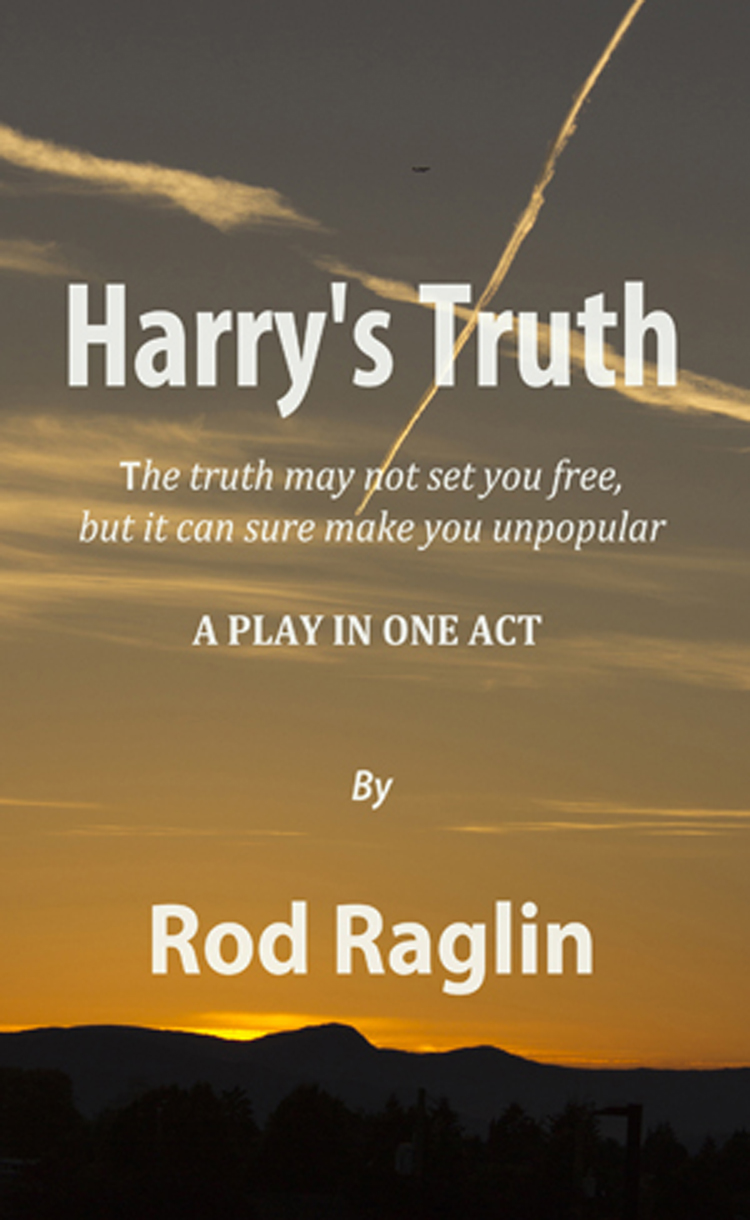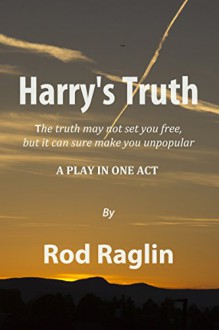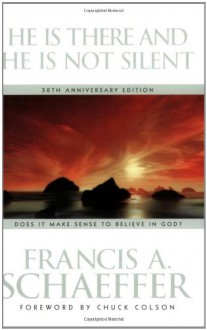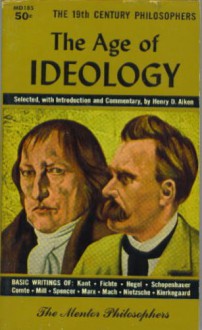
I will start this review off by suggesting that there is so much in this book that it deserves an entire blog post to itself, however I don't want to actually write one now because I would like to watch the film again. Unfortunately I just don't have enough time this weekend to simply put a couple of hours aside to watch the movie so that I can write a blog post to coincide with this review (not that I need to have a blog post to coincide with the review, but I would like those of you who like this review to at least have an opportunity to read the extended post). As such, I will post this review now, and when I get around to watching the film again (for the umpteenth time mind you – I love the film) I will repost this review with a link to the blog (minus this paragraph because by that time it will be obsolete). By the way, don't let the lack of a post on Flight Club prevent you from reading some of the <a href=”http://www.sarkology.net>posts on my blog</a>.
When considering this book I have to be honest and say that I actually preferred the movie. In fact when I first saw this book sitting on my friend's bookshelf I immediately thought that it was one of those really bad novelisations that you tend to come across every so often. However, as I was writing a review on a completely unrelated book (the name of which I can’t remember), and made mention of the fact that I believed that Fight Club was simply a novelisation of the film somebody politely corrected me and pointed out that the book came first. Well, since that was the case I decided that actually reading the book might actually be worth while.
First of all the book the grabbed my attention right from the beginning to the point that I found it really hard to put down. However, I also found that the film was much more crisp and polished than the book. In fact there were parts of the book that actually came out a lot better in the film than they did in the book (though there were also aspects of the book that were much better than the film). Normally this is not the case because it is really difficult, if not impossible, to turn what is in effect a classic book into a classic movie – the media are completely different and there things that can be done on the silver screen that would be impossible to translate onto the page and vice versa. However, occasionally, very occasionally, there comes a film that actually trumps the book, and I believe that Fight Club is one of those rare occurrences.
That does not necessarily mean that the book was bad – by no means – it is just that I found that the film was much better. Sure, there were aspects that the book handled much better, however I simply could not read the book without picturing Brad Pitt everytime Tyler Durden was mentioned, Helena Bonham Carter whenever Marla Singer was mentioned, and Edward Norton whenever the narrator was the central character, which was pretty much all of the time. Mind you, having two different actors playing the roles of the narrator (we actually never know his name) and Tyler Durden in the film does throw us a bit, but for those of us who have seen the film, and know the truth about the identity of the narrator, it sort of doesn't come as a shock when it is revealed (I would have put up a spoiler alert, but if you are reading this review then I assume that you have seen the film and know what I am talking about – if you don't, then you either haven't seen the film, or haven't worked it out yet, or both).
Anyway, Fight Club is your classic anti-materalist extistentialist novel (if there is such a thing). In fact it is still as relevant today as it was back when it was released. The world of Fight Club is dark and pointless, which very much defines the 90s. It is interesting that the nineties represented the final victory over the evil empire and what was in effect the end of history – tyranny had been defeated, capitalism reigned supreme, and everybody could look forward to peace, prosperity, and endless happiness – except that didn't happen. In fact the complete opposite happened – my memory of the nineties was that of the goth, and later the emo – of bands like Portishead and Radiohead, who were dreary and depressing – it was not that we had won, it was that in defeating the evil empire we had lost our way and our purpose. In a sense all that was left was the basic anxioms of capitalism – the accumulation of wealth, yet the accumulation of wealth in and of itself has no meaning, no purpose, and no soul. In a way we had defeated the commies, but in another way we had lost our soul.
Fight Club is not just a question of materialism but also a question of identity. In many ways we define ourselves by our job, by our car, by our house – in effect by our possessions. I guess this is why the scene in which the narrator mugs a convenience store clerk to force him to quit his job and pursue his dream is so important. It is also the reason why in the film they target is the credit corporations – it is debt that is actually holding us back. I see this around me everyday – people are prevented from reaching their true potential and from truly sucking the marrow out of life because they have bought the lie of the American dream. In the end they have gone to collage, got a degree (and a debt with that degree), got a job, married, had children, and taken on more debt to put a roof over their head. Ten years down the track they are stuck in a dead-end job with no hope and no purpose and the only incentive that they have is the fact that they get paid every fortnight. In fact it is that pay check that prevents them from realising their true potential.
However Fight Club endeavours to make us realise that the ordinary people are in fact the people that hold all of the power. Sure, the managers might say that those of us that do the ordinary jobs are the ones who make the company turn over and be the success that it is – those of us who sit in the trenches and cop the brunt of all of the crap that is thrown at us – however we return home to our appartment tired, in debt, trapped with no way out. Mind you the advertising industry doesn't help because they paint this picture of the perfect life that we buy into, but we can only afford this lifestyle by going into debt, which we do only to discover that we are now trapped in this endless existence from which we cannot escape.
There is actually a lot more to Fight Club than what I can really explore in such a short time, though I know that I am not the only one who writes incredibly long reviews exploring every aspect of a novel. However, since I have set up my blog I feel that I don't need to do that any more as I can do that elsewhere. However I still can’t resist exploring the themes expounded in the novel - in Flight Club the main idea is how we have become slaves to the machine and the novel seeks to open our eyes to the reality of this machine so that we might break away from it. However, in reality we won't, and Palahnuik realises this – we are sheep – pretty much all of the characters in the book are sheep. Sure, they are enslaved in their day to day existence, but Tyler Durden doesn't free them from that existence, he only becomes what is in effect another messiah for them to follow. Capitalism has let them down and he offers them another way out, and they follow him like sheep.
I guess that is the reason why the book didn't actually end the same way the film did and that is because in the end one of the things that the book is criticising is organised religion. The book (and the film) begins with the narrator and Marla cruising the support groups, which are in effect mini-religions, and finishing by creating a new religion through the fight clubs. What the book is suggesting is two things – even though they are sheep, the sheep in fact are incredibly powerful and can reach a point where the sheep actually take control of the religion – in a way the religion takes a life of its own and is moulded and developed by the sheep. The other thing – don't talk about fight club – is genius. If you keep something secret then people actually want to know it. In fact the interest lies in the mystery not in the answer – by not talking about Fight Club makes people so much more interested in Flight Club, to the point that it grows so big and powerful that it takes on a life of its own. In the end the Narrator, even though he is Tyler Durden, has lost control over it – Fight Club has become a monster with its own will, conscience, and identity. In considering this, it is interesting to note that Jesus Christ did refer to his followers as sheep – did he have an insight into human nature?
There is one final thing I wish to touch upon before I go and that is the idea of masculinity, which is evident in both the book and the film. In a way it is one of those very uncomfortable truths and that is that men are basically defined by their John Thomases, and it is interesting that at the beginning of the book you find the narrator in a support group of men who suffer from testicular cancer. However, fast forward through to the end and we discover that the members of the Fight Clubs will deal with people who are seeking to shut them down by threatening to castrate them. Interesting considering that only men can be castrated, however in many cases it is the men who are very much in control. In fact the whole idea of the fight club is that men are seeking to re-estabilish their primal and brutish nature in a world in which they are effectively being castrated. Fight Club is not a story about collapsing civilisation, it is a story about returning us to our brutish past and that the trappings of civilisation only exist as a thin veneer over this brutish reality. In a way one of the main reasons that the fight clubs become so successful, and literally run out of control is because there is that underlying desire to cast of civilastion and return to that primal instinct that is always wanting to well up from inside of us and completely engulf us.


 Log in with Facebook
Log in with Facebook 










